The Weeping song recalls the Freedom-struggle in South Africa
Click here to visit my "Weeping" Homepage
Click here to view the lyrics of "Weeping"
Click here to see the story of Bright Blue
Click here to view some details about Ladysmith Black Mambazo
Click here to read something about Josh Groban's career
Click here to read a little about Vusi Mahlasela's story
Click here to view a very compressed history of the anti Apartheid movement in South Africa
Click here to read my story
Click here for Muffled Music
Click here to see the Sitemap
Dan Heymann's composition "Weeping" is a song of protest from South Africa, written during the years of white domination, while he was an unwilling soldier, drafted into the army.
The Weeping song, upon first release in 1987, spent two weeks at number one on the government-run radio station in South Africa, when the official censors didn't react to the anti-oppression nature of the Weeping song.
That first release of the Weeping song contained an instrumental line from the anthem of the African National Congress, and that anthem later became the National Anthem of the liberated South Africa.
The words of the Weeping song refer to one of the last leaders of the oppressive Apartheid regime in South Africa, P. W. Botha.
The Weeping song has been released in several recordings:
The first recording of the Weeping song to appear was by the South African band, Bright Blue, in which the writer of the Weeping song, Dan Heymann, played keyboards.
Next came a version of the Weeping song for the South African movie, "Ipi Tombi",
followed by "techno" rendition of the Weeping song released by Qkumba Zoo, another South African band.
Almost simultaneously, the Soweto String Quartet (with vocals provided by Vusi Mahlasela) released the Weeping song with a string-based accompaniment.
Later, the Weeping song lyrics was performed in Afrikaans by Coenie de Villiers,
and then James Stewart approached the Weeping song with more of a rock treatment.
The Weeping song in the new millennium is still attracting attention.
The Kearsney College Choir in south Africa lent a choral treatment to the Weeping song,
and later Jinny Sagorin in Boston offered her rendition of the Weeping song, for a cabaret setting.
More recently, the Soweto Gospel Choir gave a gospel angle to the Weeping song.
And now, Josh Groban has done the Weeping song, for release in November, 2006, on his CD, "Awake".
Here's the cover-artwork for existing releases of "Weeping", as far as I know:
1987: Bright Blue (on the flip-side of our "forty-five" Yesterday Night)
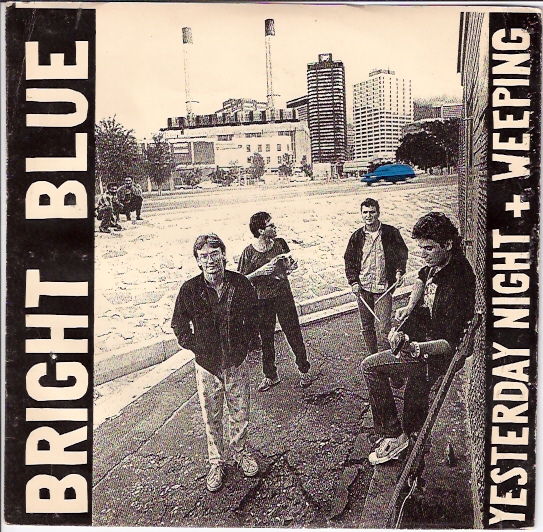
1993: Various personnel (recorded for Ipi Tombi movie soundtrack)
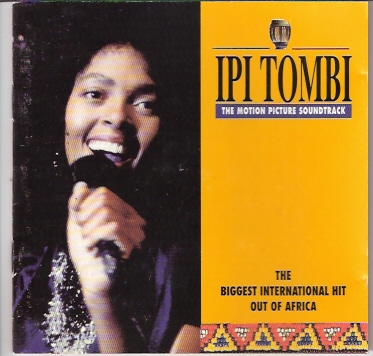
1996: Qkumba Zoo (on their CD Wake Up & Dream)
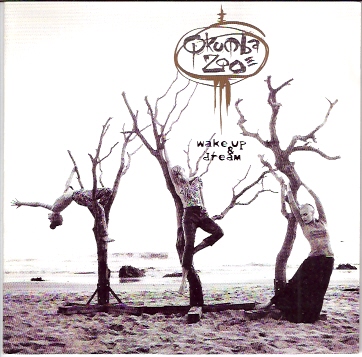
1996: Soweto String Quartet (on their CD Renaissance, with guest vocalist Vusi Mahlasela)
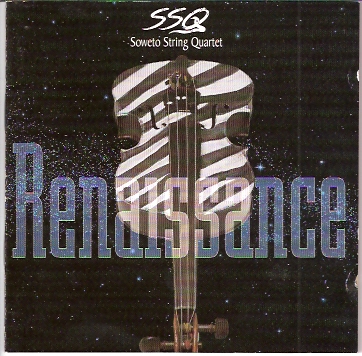
Around 1997: Coenie de Villiers (with lyrics in Afrikaans, on his CD Solo)
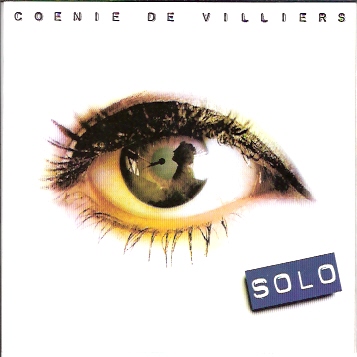
Year unknown: James Stewart (on his CD Eklektik)
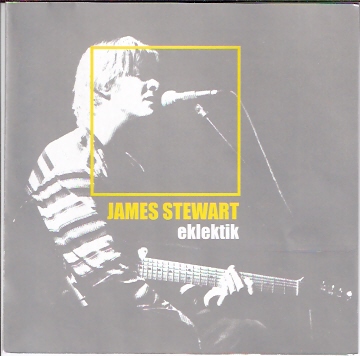
2000: Kearsney College Choir (on their CD Road to the Olympics)
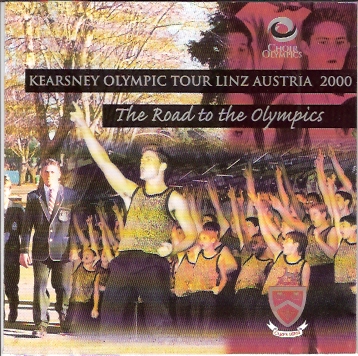
2004: Jinny Sagorin (on her CD It's For You)
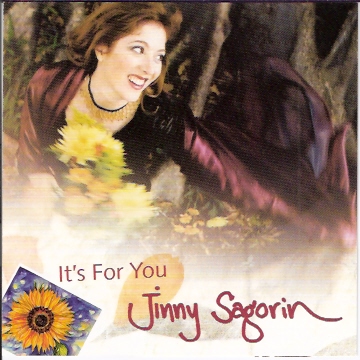
2004: Soweto Gospel Choir (on their CD Blessed)
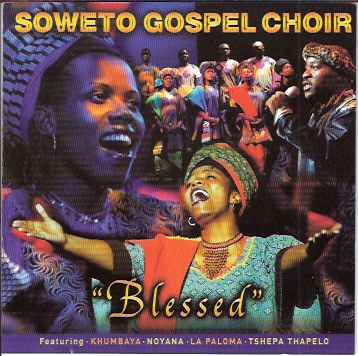
Click here for "Weeping" Homepage
Weeping
, written by
Dan Heymann
(sometimes mis-spelled as
Dan Heyman
), is a
famous protest song
that emerged from the
South African anti Apartheid movement
during the mid-1980's, and this
song of freedom
has been recorded by many artists, including noted South African band
Bright Blue
and, more recently,
Josh Groban
, in a collaboration with
Ladysmith Black Mambazo
and
Vusi Mahlasela
, who has previously released a solo recording of this
song of protest
. The
anti Apartheid
lyrics Weeping
contains are among the most-recorded
freedom song lyrics
of any
protest song
to have come out of South Africa.
The Weeping song
(rights to which are partially controlled by
Muffled Music
) led to a February, 2006, encounter between singer Josh
Groban
and songwriter Dan
Heymann
(occasionally mis-spelled as
Heyman
) at New York City's Sony Studios, a legendary institution which has given many a
song freedom
to soar. It was a thrill for Dan to hear his anti
Apartheid song
being recorded by such a high-caliber team. Having been a musician in contact with various
anti-Apartheid movements
during the Freedom-Struggle in South Africa, when examining the
Weeping lyrics
, Dan was thrilled to feel the connection of his
lyric to protest song
tradition. When the time came to add backing vocals, nobody needed to teach
Vusi Mahlasela lyrics
to the
Weeping song
, having already performed it live so many times, and this new rendition of Dan's familiar rhyming-
lyric protest song
should give
the song freedom
to reach many new listeners. Many
protest songs
were inspired by the
anti Apartheid movement
and Dan is proud that his
freedom song
has been so well-received, particularly when there are already so many wonderful
anti-Apartheid
protest song lyrics
in existence.








